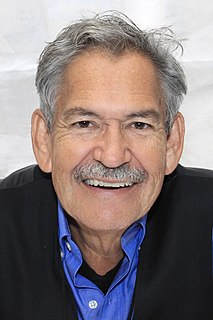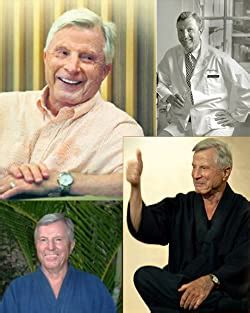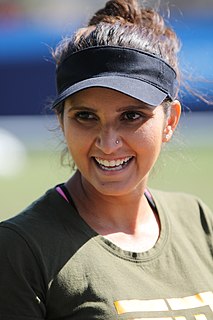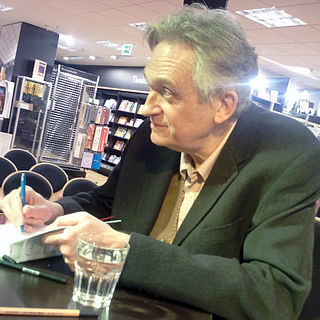A Quote by Roger Ebert
We feel the same emotions for our ideas as we do for the real world, which is why we can cry while reading a book, or fall in love with movie stars.
Related Quotes
It considers not only how we relate to others, but how we relate to our ideas of others so that a completely phony, non-human replica of a dead wife can inspire the same feelings that the wife herself once did. That is a peculiarity of humans: We feel the same emotions for our ideas as we do for the real world, which is why we can cry while reading a book, or fall in love with movie stars. Our idea of humanity bewitches us, while humanity itself stays safely sealed away into its billions of separate containers, or "people.
we look up and we hope the stars look down, we pray that there may be stars for us to follow, stars moving across the heavens and leading us to our destiny, but it's only our vanity. We look at the galaxy and fall in love, but the universe cares less about us than we do about it, and the stars stay in their courses however much we may wish upon them to do otherwise. It's true that if you watch the sky-wheel turn for a while you'll see a meteor fall, flame and die. That's not a star worth following; it's just an unlucky rock. Our fates are here on earth. There are no guiding stars.
I was in a store in Halifax, Nova Scotia that I love, sort of like an environmental friendly sort of store. But they had a great book section. So I went in there all the time. The woman who worked there - which I feel so bad; I've forgotten her name - she handed me the book and she said, "Hey, you should read this. I think it would make a good movie." I remember reading the back of it and I was like, "Huh." Then I just devoured the book and I was so moved by it and said, "Why don't we start developing this into a film?" So that's how it ['Into the Forest'] all started.
I don't know if you've ever seen some of the Sidney Lumet movies, like Dog Day Afternoon [1975] or Network [1976]. They're real events that happen in real time, and there are all of these different characters experiencing the same thing in different parts of the movie ... I am so bad at explaining my films. But it's in the world of finance and the world of media, and how they connect. It was a big undertaking. A big, mainstream movie, which stars Julia Roberts and George Clooney. But for me, it's really just a small story about character and people.
Book love is something like romantic love. When we are reading a really great book, burdens feel lighter, cares seem smaller, and commonplaces are suddenly delightful. You become your best optimistic self. Like romantic love, book love fills you with a certain warmth and completeness. The world holds promise.
I'd say the purest experience for the movie is not to have read the book because I think when you've read the book you're just ticking off boxes. I think that after you see the movie, reading the book is a cool thing. I always say the movie's not meant to replace the book. That's ridiculous. I'm a huge fan of the book.
It was love, she thought, love that never clutch its object; but, like the love which mathematicians bear their symbols, or poets their phrases, was meant to be spread over the world and become part of human gain. The world by all means should have shared it, could Mr Bankes have said why that woman pleased him so; why the sight of her reading a fairy tale to her boy had upon him precisely the same effect as the solution of a scientific problem.
We fall in love or stay in love with people who are unsuitable or who no longer love us and, conversely, we feel no love towards people who would be very suitable. Love is involuntary, that's the problem. Our personal histories prepare us to be attracted to people who unconsciously evoke emotions from our childhood or adolescence.



































